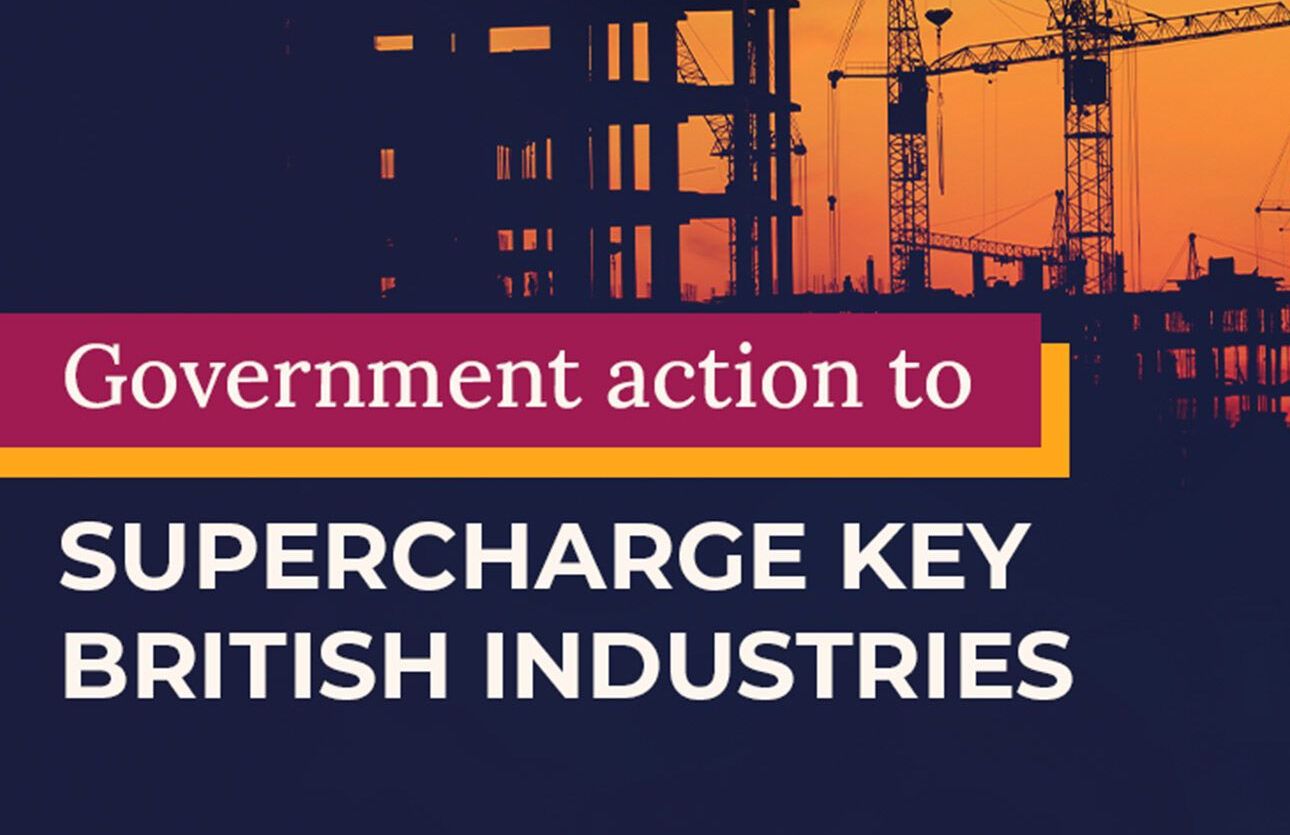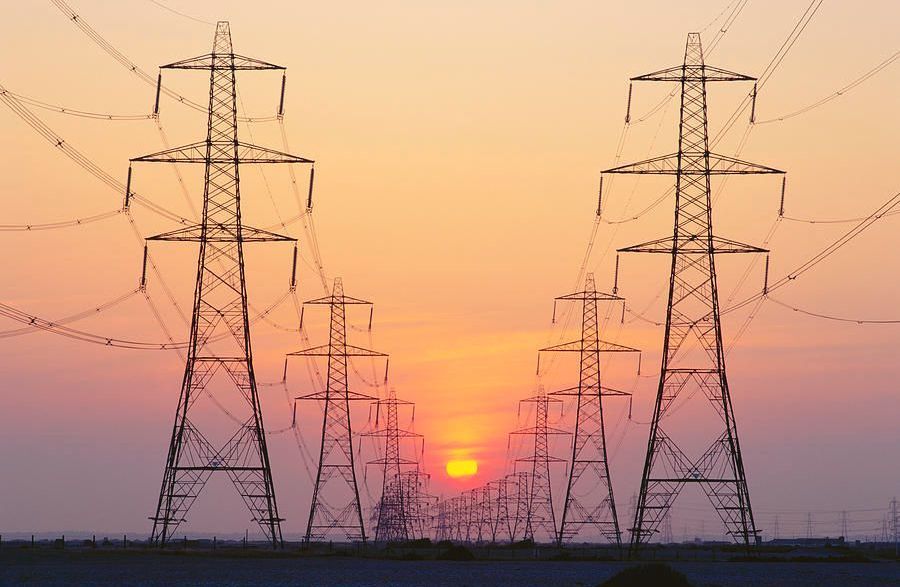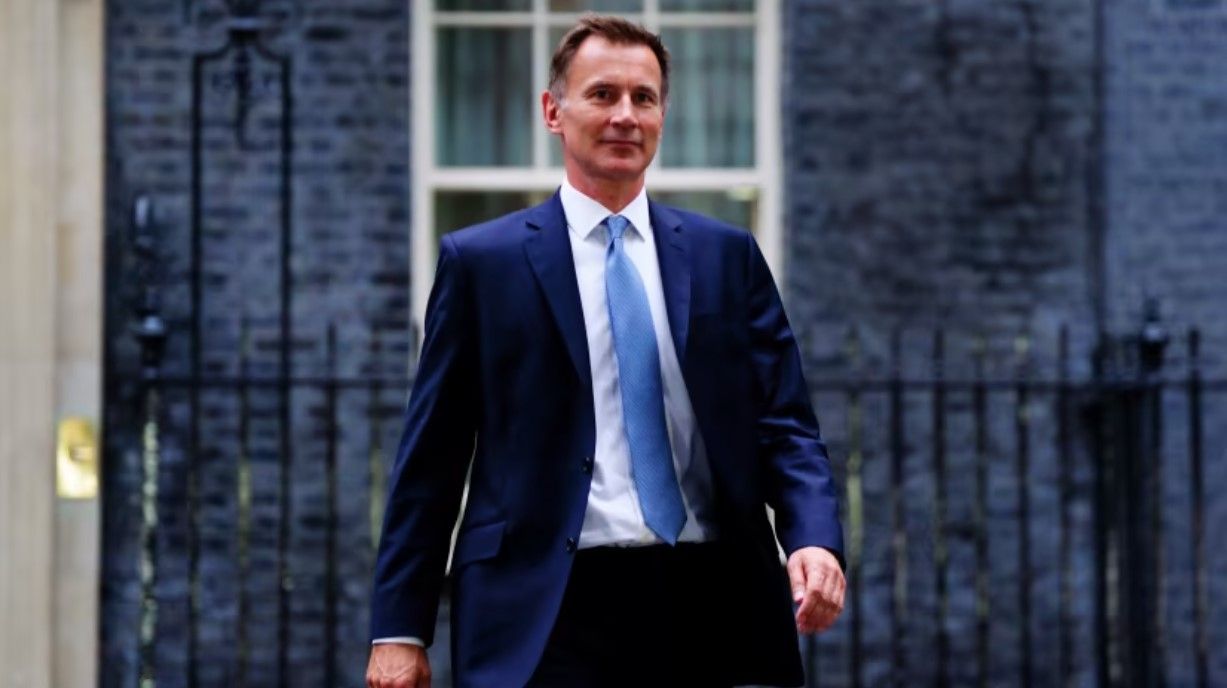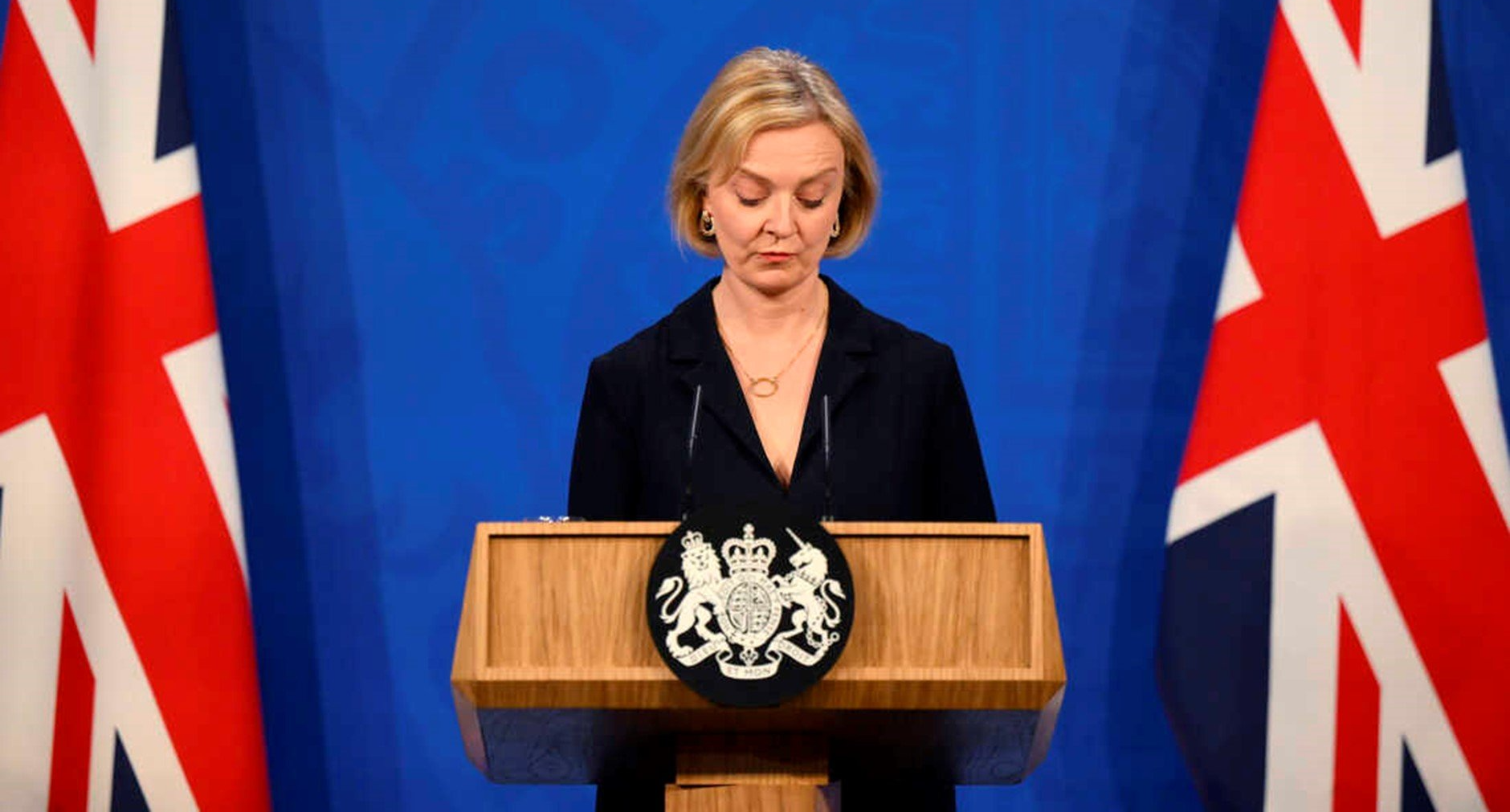Summarising the key agreements from the 28th
Conference of Parties (COP)

COP 28 dominated column inches during early December as the great and good of the world gathered at the 28th annual ‘Conference of Parties’ climate meeting of the United Nations. COP 28 was controversially held in the UAE, the world’s 7th largest oil producer, creating a juxtaposition of views between the summits goal of reducing reliance on fossil fuels and the gleaming skyline of petroleum enhanced Dubai.
Following two weeks of heated debate, the conference concluded with a positive agreement amongst the 200 nations involved to transition away from fossil fuels, which in turn will act as a guide for countries as they update their own commitments towards limiting the effects of climate change. A summary of the key outcomes is as follows:
- Countries have agreed to contribute to the phasing out of inefficient fossil fuel subsidies and to take more action to address non-CO2 emissions, including methane.
- An agreement to accelerate investment in transitional technologies, such as low-carbon hydrogen.
- The tripling of renewable energy will see global installed capacity reach 11,000 GW by 2030 and the doubling of the global average annual rate of energy efficiency will reach 4% every year until 2030.
- UK announcements included an £11 billion investment into Dogger Bank wind farm (planned to be the largest offshore wind farm in the world) and a £1.6 billion commitment to international climate finance projects.
- A “loss and damage” fund has been established to support developing countries facing the worst impacts of climate change. Currently over $700m has been pledged to the fund.
- Over 60 nations have signed a new voluntary “Global Cooling Pledge”, which aims to enhance the efficiency of cooling appliances and increase access to sustainable cooling.
Whilst providing positive news for the fight against global warming, the steps proposed will present the UK with a double-edged sword. On one hand, the investment in low carbon generation such as offshore wind and nuclear will bring jobs, investment and more importantly energy supply and price security to the UK as we transition away from the reliance on imported fossil fuels. On the other hand, questions will be raised about the funding of such policies, with costs inevitably passed on to consumers who already pay substantial environmental subsidies through their energy supply contracts (which are presently set to rise as highlighted in our previous blog).
Adalta Energy understands this is still an uncertain time for UK business. If you have any questions or require any assistance, please contact enquiries@adaltaenergy.co.uk or call Ed Butler directly on 07989 431184. Alternatively, if you are an existing Adalta Energy client then please speak directly with your dedicated contact.
Interested in our services? We’re here to help!
Contact Us
Thank you for contacting Adalta Energy.
One of our consultants will be in touch shortly.
Please try again later.
Company registration number: 13374641
VAT registration number: 384791744
ADR membership number: C35ADAL01












